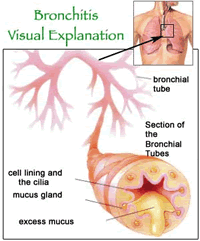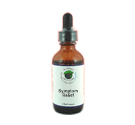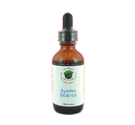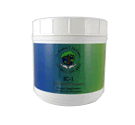 |
| A B C D E F G H I J K L M N O P Q R S T U V W X Y Z |
Bronchitis
Acute bronchitis is characterized by the development of a cough, with or without the production of mucus that is expectorated (coughed up) from the respiratory tract. About 90% of cases of acute bronchitis are caused by viruses, particularly rhinoviruses, adenoviruses, and influenza while bacteria account for fewer than 10%. Bacterias that are responsible tend to be Mycoplasma, Chlamydophila, Bordetella, Streptococcus, and Haemophilus. Acute bronchitis can be annoying but even with no treatment, most cases of acute bronchitis resolve without treatment. Even though the symptoms clear up though, lack of natural treatment of the germs often allows them to hibernate and allow for symptoms to re-occur down the road. Because most cases of bronchitis are viral in origin, the use of antibiotics is rare (because it is not effective). Any fever can be addressed with The Artificial Fever you can do at home. Read the page on Coughing to see what "at home" treatments you might use to refrain from using NSAIDs. Chronic bronchitis, a type of chronic obstructive pulmonary disease, is characterized by the presence of a productive cough that lasts for three months or more per year for at least two years. Chronic bronchitis most commonly develops due to recurrent injury to the airways, often caused by inhaled irritants. Cigarette smoking is the most common cause (Detox for Cigarettes here), followed by air pollution and occupational exposure to irritants. Tips for helping Bronchitis:
|
|





